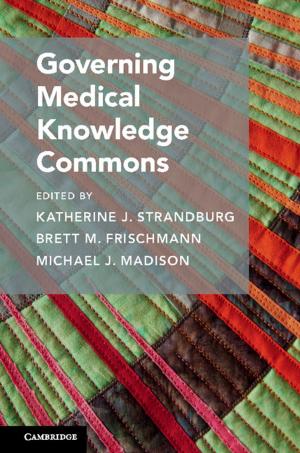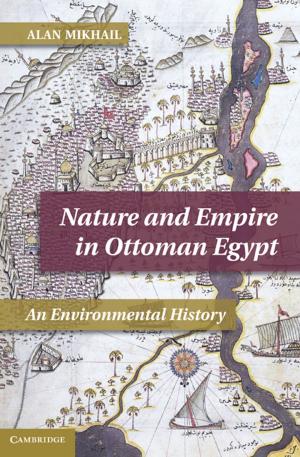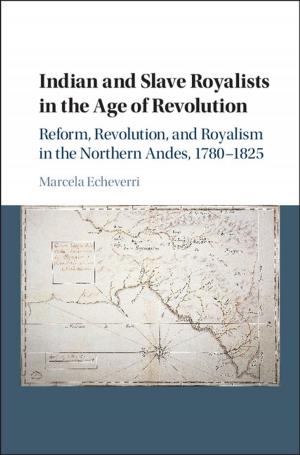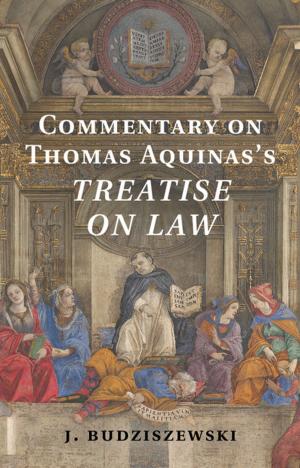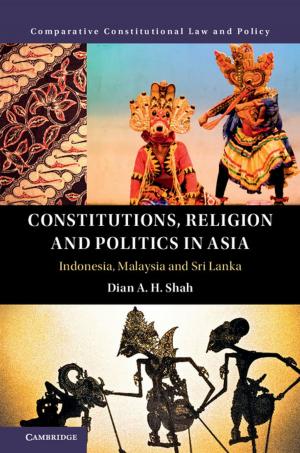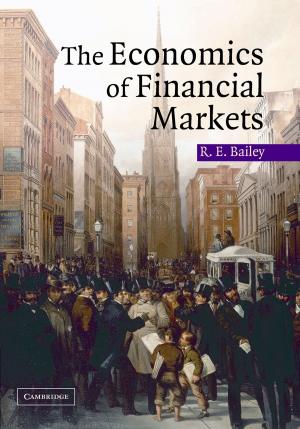A History of Women's Political Thought in Europe, 1700–1800
Nonfiction, Religion & Spirituality, Philosophy, Modern, Social & Cultural Studies, Social Science| Author: | Karen Green | ISBN: | 9781316189931 |
| Publisher: | Cambridge University Press | Publication: | December 4, 2014 |
| Imprint: | Cambridge University Press | Language: | English |
| Author: | Karen Green |
| ISBN: | 9781316189931 |
| Publisher: | Cambridge University Press |
| Publication: | December 4, 2014 |
| Imprint: | Cambridge University Press |
| Language: | English |
During the eighteenth century, elite women participated in the philosophical, scientific, and political controversies that resulted in the overthrow of monarchy, the reconceptualisation of marriage, and the emergence of modern, democratic institutions. In this comprehensive study, Karen Green outlines and discusses the ideas and arguments of these women, exploring the development of their distinctive and contrasting political positions, and their engagement with the works of political thinkers such as Hobbes, Locke, Mandeville and Rousseau. Her exploration ranges across Europe from England through France, Italy, Germany and Russia, and discusses thinkers including Mary Astell, Emilie Du Châtelet, Luise Kulmus-Gottsched and Elisabetta Caminer Turra. This study demonstrates the depth of women's contributions to eighteenth-century political debates, recovering their historical significance and deepening our understanding of this period in intellectual history. It will provide an essential resource for readers in political philosophy, political theory, intellectual history, and women's studies.
During the eighteenth century, elite women participated in the philosophical, scientific, and political controversies that resulted in the overthrow of monarchy, the reconceptualisation of marriage, and the emergence of modern, democratic institutions. In this comprehensive study, Karen Green outlines and discusses the ideas and arguments of these women, exploring the development of their distinctive and contrasting political positions, and their engagement with the works of political thinkers such as Hobbes, Locke, Mandeville and Rousseau. Her exploration ranges across Europe from England through France, Italy, Germany and Russia, and discusses thinkers including Mary Astell, Emilie Du Châtelet, Luise Kulmus-Gottsched and Elisabetta Caminer Turra. This study demonstrates the depth of women's contributions to eighteenth-century political debates, recovering their historical significance and deepening our understanding of this period in intellectual history. It will provide an essential resource for readers in political philosophy, political theory, intellectual history, and women's studies.



